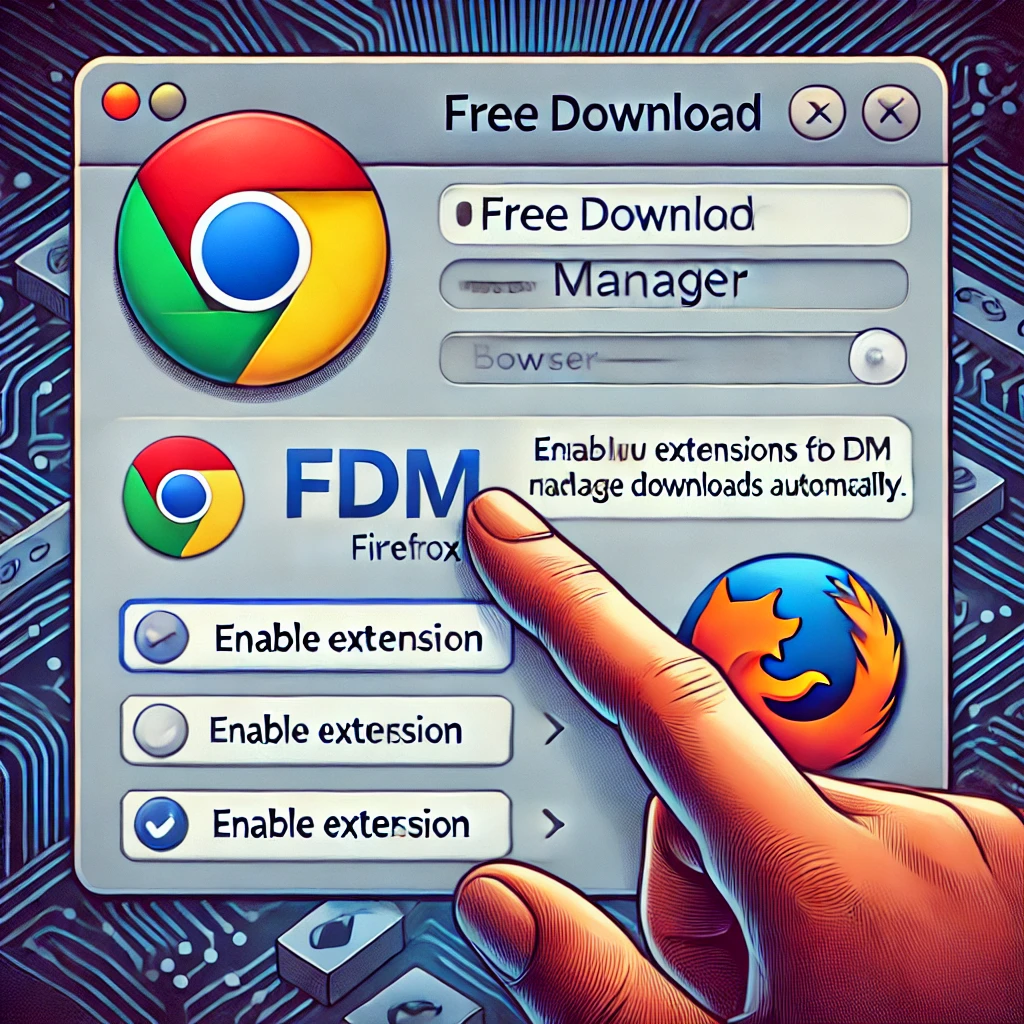Efficient and secure file sharing is critical in today’s digital landscape, especially with the growing reliance on cloud-based solutions. Below is an overview of the top 10 file sharing platforms in 2024, highlighting their features, benefits, and drawbacks. This article is designed for SEO optimization, integrating key search terms and concepts relevant to this topic.
Table of Contents

Top 10 File Sharing Platforms in 2024
1. Google Drive
Google Drive remains a popular choice for both personal and professional use. It offers 15GB of free storage, seamless integration with Google Workspace tools, and collaboration features.
Pros:
- Generous free storage.
- Integration with productivity apps like Google Docs and Sheets.
- Real-time collaboration.
Cons:
- Limited offline functionality for non-Chrome users.
- Basic security features without advanced encryption.
Ideal for: Individuals and businesses needing a simple and collaborative environment.
2. Dropbox
Dropbox, a pioneer in cloud storage, continues to excel in file syncing and sharing. It’s known for ease of use and support for multiple devices.
Pros:
- Automatic device syncing.
- No account required for recipients to access shared files.
- Flexible pricing tiers.
Cons:
- High cost for frequent users.
- Limited advanced security options for enterprises.
Ideal for: Freelancers and small teams prioritizing simplicity.
3. Microsoft OneDrive
Microsoft OneDrive integrates deeply with Windows, making it a preferred choice for enterprise users. It offers robust storage solutions with offline access and file synchronization.
Pros:
- Excellent for Windows users.
- Offline access to files.
- Seamless integration with Microsoft Office.
Cons:
- Frequent target of cyberattacks.
- Best performance within the Microsoft ecosystem.
Ideal for: Businesses using Microsoft tools extensively.
4. Box
Box focuses on enterprise users with its strong security and compliance controls. It supports collaboration across various applications, including Microsoft and Google tools.
Pros:
- Robust security with encryption.
- Comprehensive app integrations.
- Scalable for different business sizes.
Cons:
- Limited mobile editing.
- Higher learning curve for new users.
Ideal for: Large enterprises needing extensive compliance controls.
5. WeTransfer
WeTransfer stands out for its simplicity and ability to transfer large files without requiring an account. Its premium plan offers 100GB of cloud storage.
Pros:
- No registration needed for sharing.
- Large file transfers up to 20GB with the Pro version.
- User-friendly interface.
Cons:
- Limited features in the free version.
- Files are deleted after a short time without a subscription.
Ideal for: Casual users sharing large files occasionally.
6. MEGA
MEGA emphasizes user privacy, providing end-to-end encryption and a generous 20GB of free storage. It’s accessible across devices with apps for major platforms.
Pros:
- End-to-end encryption for secure sharing.
- Generous free storage.
- Highly accessible across platforms.
Cons:
- Limited advanced collaboration tools.
- Slower upload speeds compared to competitors.
Ideal for: Privacy-conscious individuals and businesses.
7. Citrix ShareFile
Designed for businesses, Citrix ShareFile focuses on secure sharing and storage. Features like encryption and audit trails make it suitable for handling sensitive information.
Pros:
- Advanced security features.
- Email plugin for seamless large file transfers.
- Well-defined pricing structure.
Cons:
- No unlimited storage plans.
- Best suited for larger businesses.
Ideal for: Enterprises handling confidential files.
8. Apple iCloud
Apple iCloud integrates perfectly within the Apple ecosystem, offering seamless syncing and backup for macOS and iOS users.
Pros:
- User-friendly with automatic backups.
- Two-factor authentication for added security.
- Cross-platform support for Mac and Windows.
Cons:
- Limited free storage (5GB).
- Collaboration features are not as robust as competitors.
Ideal for: Apple users looking for simple and automatic backups.
9. FileCloud
FileCloud offers robust enterprise solutions with options for cloud and on-premises deployment. It emphasizes customization and administrative control.
Pros:
- Strong ransomware protection.
- Flexible deployment options.
- Highly customizable security settings.
Cons:
- Geared toward larger organizations.
- Requires technical expertise for setup.
Ideal for: Businesses with specific customization needs.
10. OneHub
OneHub provides a secure, collaborative workspace for sharing files. Features like custom branding and granular permissions make it a versatile tool.
Pros:
- Virtual data rooms for secure sharing.
- Custom branding and white-label options.
- Comprehensive permission controls.
Cons:
- Steeper learning curve.
- Higher cost for smaller teams.
Ideal for: Teams needing secure, branded collaboration spaces.
Final Thoughts on Top 10 File Sharing Platforms in 2024
Top 10 File Sharing Platforms in 2024 depends on your specific needs, whether it’s enterprise-level security, seamless collaboration, or large file transfers. For businesses, Box, Microsoft OneDrive, and FileCloud offer advanced features, while personal users may find Google Drive, Dropbox, or MEGA more suitable. Platforms like WeTransfer and Citrix ShareFile are ideal for occasional large file transfers.









